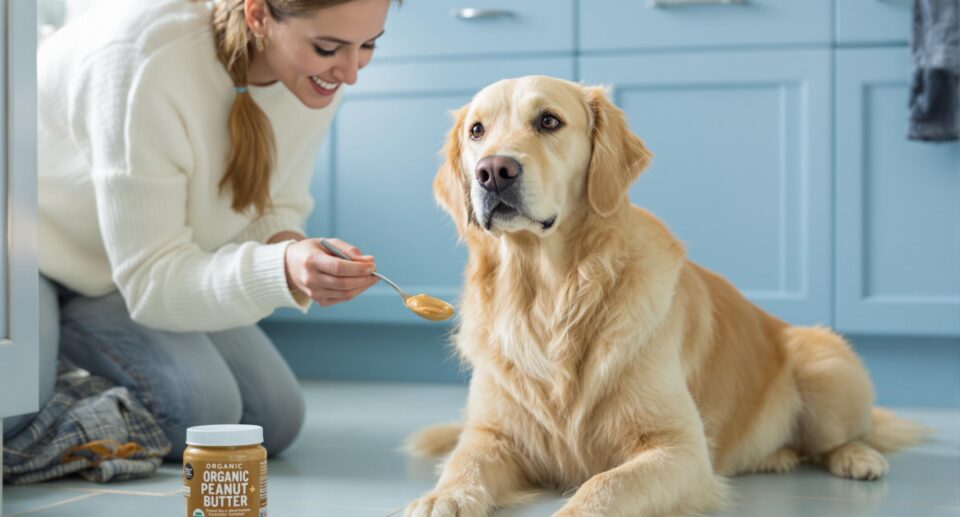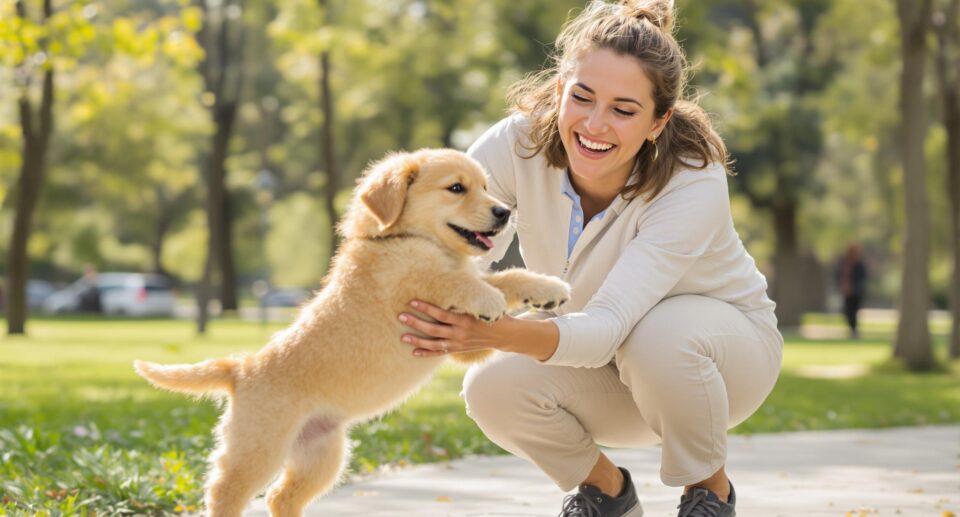Understanding Dog Hiccups: Causes And Care

Key Takeaways
- Dog hiccups are common and typically harmless, especially in puppies and certain breeds with unique facial structures such as Pugs and Bulldogs.
- Hiccups are caused by rapid diaphragm movements, often triggered by quick eating, drinking, or sudden excitement. Simple lifestyle adjustments can help manage your dog’s comfort.
- Most hiccups are brief, but prolonged episodes or changes in habits warrant a vet consultation to rule out underlying issues.
Are Dog Hiccups Normal?
Has your furry friend ever surprised you with a sudden case of the hiccups? Just like humans, dogs experience these little muscle twitches, and they’re particularly common in puppies who tend to eat or drink quickly. While these gentle interruptions might seem amusing, they can leave pet owners wondering about their dog’s comfort and well-being.
Recognizing the difference between normal hiccups and signs that need attention helps create a healthier life for your four-legged companion. PetHealthMD makes understanding your dog’s needs easier with vet-reviewed guidance you can trust.
Those familiar little ‘hic’ sounds from your dog might catch you by surprise, but they’re as natural as our own hiccups. Most healthy dogs experience these brief episodes occasionally, especially after eating quickly or during playtime. Pet experts note that normal hiccup episodes typically last between a few seconds to a few minutes, just enough time for their breathing rhythm to reset naturally.
Your puppy might seem to get hiccups more often than adult dogs, and that’s perfectly fine. Young dogs are still learning to pace themselves while eating and drinking, which can lead to these harmless episodes. Some breeds, like Pugs and Bulldogs, may experience more frequent hiccups because of their unique facial structure. These sweet, short-nosed pups tend to swallow a bit more air during their daily activities.
While most hiccups are harmless, it’s good to know when to seek help. If your dog’s hiccups continue for more than an hour, or if you notice changes in their breathing or eating habits, it’s time for a check-up. Normal hiccups shouldn’t interfere with your pet’s happiness or daily routine. A quick call to your vet can help put your mind at ease if you’re ever unsure about your dog’s hiccup patterns.
What Causes Dog Hiccups?
Like us, dogs get hiccups when a diaphragm muscle starts to flutter. This muscle, which helps your dog breathe, sometimes gets into a rhythm of quick contractions, creating that ‘hic’ sound.
Those amusing hiccup episodes often start at mealtime. When dogs eat or drink too quickly, they swallow extra air along with their meal, especially true for young puppies who get extra excited at mealtime.
Your dog’s daily activities and emotions can also cause hiccups. A burst of playful energy during fetch, sudden excitement when greeting visitors, or even a quick dash through chilly morning air might trigger these tiny spasms.
Figuring out what’s behind your dog’s hiccups can help you make a few easy tweaks, like slowing down mealtime or making playtime a little more relaxed, that will go a long way toward keeping them comfortable.
How to Stop Dog Hiccups
Hiccups in dogs are usually nothing to worry about, but that doesn’t mean you have to wait them out. With a few simple techniques, you can help your dog feel more comfortable in the moment and even reduce how often hiccups happen in the future.
These gentle, proven techniques help normalize your dog’s breathing pattern and provide quick relief:
- Try a gentle chest massage: Use your fingertips to apply light pressure in small circles just behind your dog’s front legs. This helps relax the diaphragm.
- Offer small sips of water: Guide your dog to take slow, controlled sips. For puppies, this triggers the swallowing reflex.
- Go for a calm, short walk: A brief walk helps regulate your dog’s breathing.
- Offer a small treat like honey or plain yogurt: These soothing treats promote repeated swallowing.
Easy Ways to Help Prevent Hiccups
A few adjustments to your dog’s routine can reduce the chances of hiccups coming back:
- Use a slow-feeder bowl or puzzle mat: These tools help your dog eat more slowly.
- Create a calm mealtime environment: Feeding your dog away from other pets lowers excitement and prevents rushed eating.
For additional wellness supplies, browse our dog health and wellness category.
Hiccups vs Reverse Sneezing
While both hiccups and reverse sneezing can catch you off guard, they are very different in both sound and cause.
Hiccups happen when your dog’s diaphragm spasms involuntarily. You’ll usually hear a soft, repeated “hic” sound along with gentle jerking movements in your dog’s chest or belly. These are most common in puppies and generally go away on their own.
Reverse sneezing, on the other hand, involves a spasm in the throat and soft palate. It creates a loud snorting noise that can sound more intense than it is. Your dog might extend their neck and make repeated snuffling sounds as they try to breathe through their nose.
Small breeds and short-nosed dogs like Pugs, Bulldogs, and Yorkies tend to experience reverse sneezing more often.
Both conditions are usually harmless, but if they become frequent or uncomfortable, check in with your vet. For supportive supplies, visit our respiratory health category.
When Dog Hiccups Are Worth a Closer Look
Hiccups are a normal part of life for many dogs, especially playful puppies and flat-faced breeds. With a few simple changes to your dog’s daily routine, you can help reduce how often they happen and make your pet more comfortable.If hiccups last longer than expected or come with other changes in behavior, it’s always a good idea to check in with your vet. For anything your vet recommends, including supplies or medications, PetMeds makes it easy to find what your pet needs in one place.





